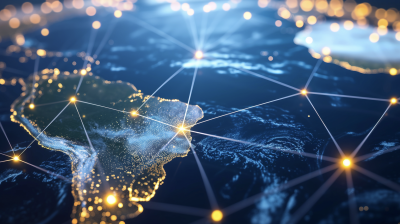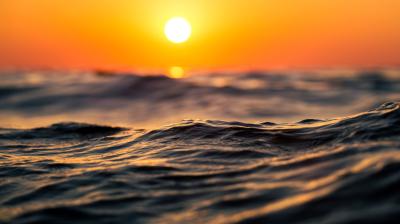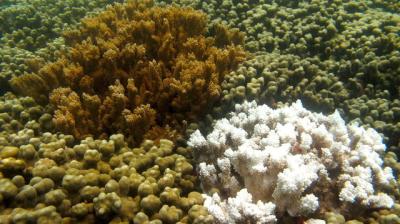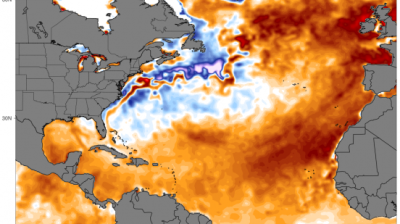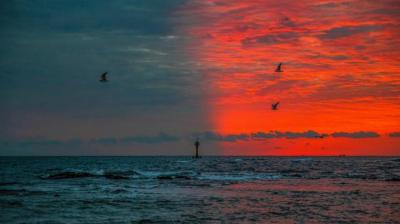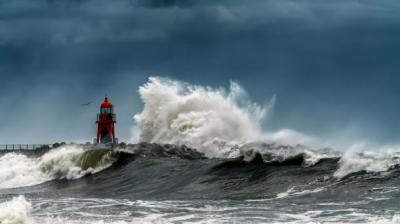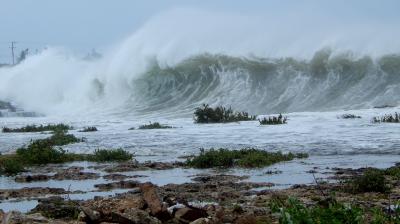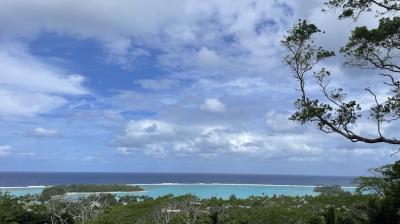World Oceans Day focuses on gender
The World Meteorological Organization joins the international community in marking World Oceans Day, which seeks to remind everyone of the major role the ocean plays in everyday life.
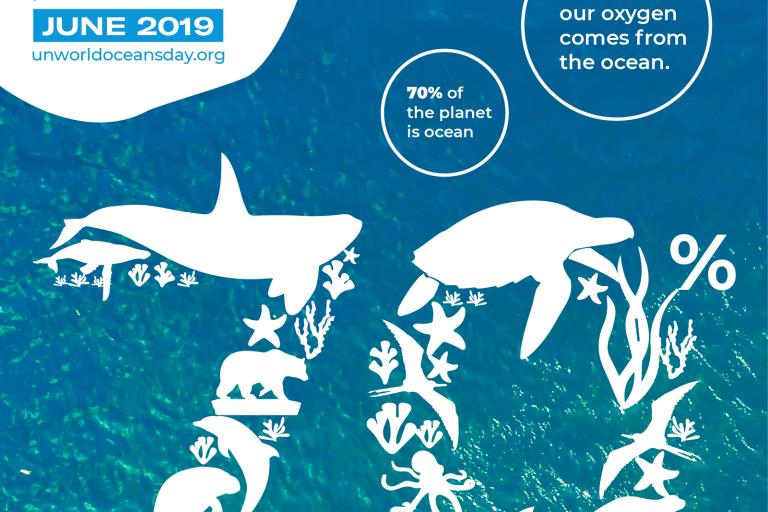
The World Meteorological Organization joins the international community in marking World Oceans Day, which seeks to remind everyone of the major role the ocean plays in everyday life.
The ocean is the lungs of our planet, providing most of the oxygen we breathe, is a major source of food and medicines and a critical part of the biosphere. More than ever before, the ocean is under stress from human activities including greenhouse gas emissions, pollution and over-exploitation.
“The ocean’s health is in deep trouble,” said UN Special Envoy for the Ocean, Ambassador Peter Thomson. “This is everyone’s responsibility.”
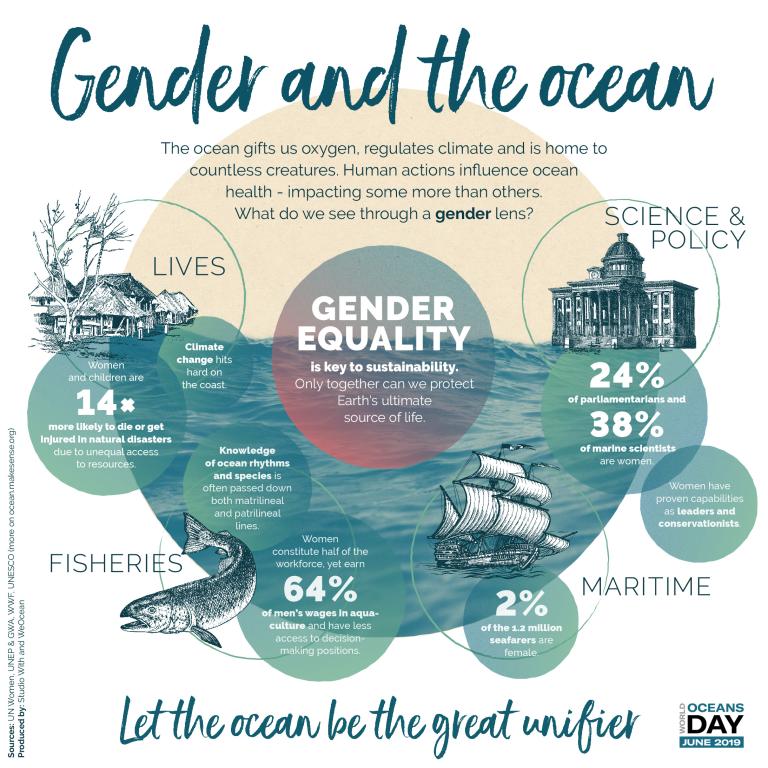
The theme of this year’s World Oceans Day, which is 8 June, is gender. According to a recent UNESCO Report, women make up 38% in ocean science, 10% higher than in science overall. Gender- diverse and inclusive ocean science and marine meteorology are vital to better understand, monitor, conserve and unlock sustainable opportunities in the ocean space.
World Oceans Day falls in the middle of the World Meteorological Congress. This year, oceans feature strongly on the Congress Agenda, as do gender perspectives, providing an opportunity to raise awareness of inclusive approaches to working with our ocean to WMO’s 193 members.
WMO has therefore highlighted the role of women who work on and for the ocean, with profiles of female oceanographers and marine meteorologists in different parts of the world.
Lisa Beal, Professor of Ocean Sciences, University of Miami’s Rosenstiel School of Marine and Atmospheric Science, USA; “There has been positive change in female representation since I began oceanography 25 years ago, both among faculty and at sea. Change has happened in part because we are better aware of the cultural biases and work-life challenges uniquely faced by women in the field and have fought for the resources (such as maternity leave), information, and mentoring networks to help women navigate these issues.”
Nelly Florida Riama, Director of the Center for Research And Development, Agency for Meteorology, Climatology, and Geophysics of Indonesia: “Women's participation in science, including as captains on research vessels and in other traditionally male-dominated workplaces, will make the working environment better for everyone. Excellence doesn’t distinguish between genders,”
Emma Giada Matschinske, Institutional Advisor on UNESCO-IOC and WMO Affairs at the Directorate of Hydrography and Navigation, Brazilian Navy “Female meteorologists have always been able to act professionally, in any situation, whether on land or on board. In my view, the greatest impact after women started working in the Brazilian Navy was about professionalism.”
Marjolaine Krug, Senior researcher at the Council for Scientific and Industrial Research and research associate at the University of Cape Town and Nansen-Tutu Centre for Marine Environmental Research in South Africa: “I remember when I was a student going into Cape Town harbour to set-up a weather station on a research vessel in preparation for a scientific cruise. I felt very out of place at the time. You were often made to feel out of place in those days as a woman. Things have changed. There are more and more senior, young and upcoming female scientists. This leads to a more balanced and harmonious work environment.”
Elke Louw, Manager Marine and Regional Weather Services, Meteorological Service of New Zealand: “I have seen a significant increase in the number of women studying meteorology over the past 5 years. That brings about different levels of emotional intelligence (EQ) to the work environment and diverse ways of thinking.”
Sabrina Speich, Professor of Oceanography and Climate Science and Dean of Studies of the Department of Geosciences at the Ecole Normale Supérieure of Paris, France: “Women were never the majority in Physical Oceanography or Climate Science. (…) However, I am seeing since less than a decade, a clear positive trend with more women in the field and as crewmembers on research vessels.”
Videos available at WMO YouTube channel



